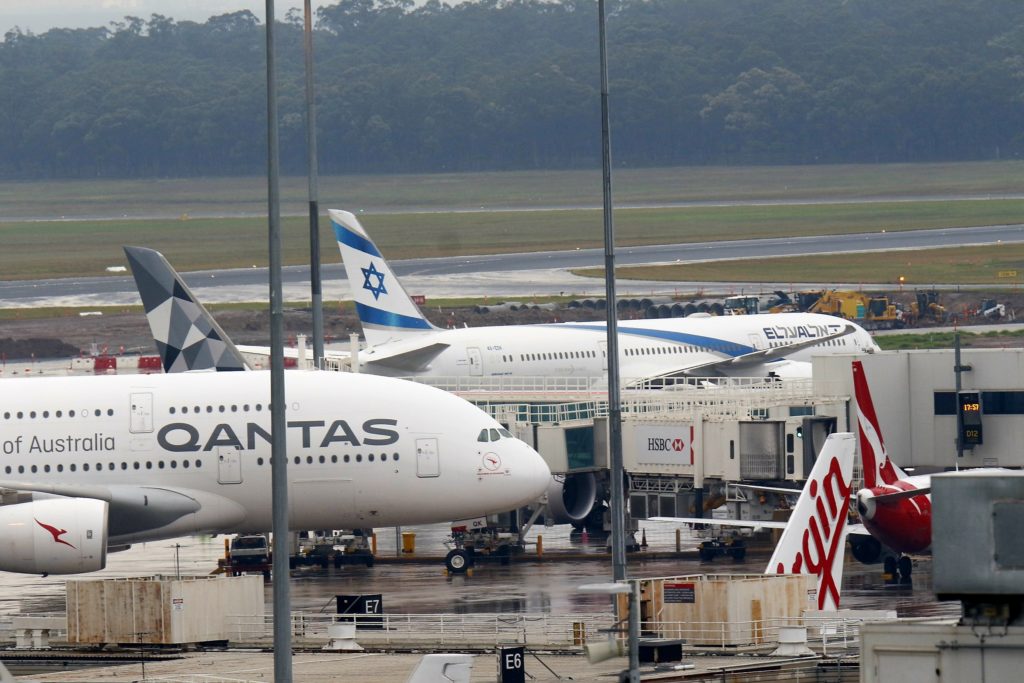RESOURCES
AIJAC’s submission on the Feasibility Study on Strengthening Trade and Investment with Israel
May 10, 2021 | AIJAC staff

Executive Summary
The Australia/Israel & Jewish Affairs Council (AIJAC) commends the Australian Government, including Trade Minister Dan Tehan, for its foresight in proposing a feasibility study on strengthening trade and investment with Israel with a view to a future free trade agreement.
AIJAC believes a proposed free trade agreement between Australia and Israel can look beyond merchandise exchanges to consider trade more broadly – in terms of shared knowledge, technological collaboration and a gateway for each country to the other’s region. These collaborations are already being built but are largely based on strong people-to-people links and state-based initiatives. Commonwealth-level support via a significantly upgraded trade relationship would enhance these collaborations, both in quantity and quality.
The key areas of focus under an upgraded Australia-Israel trade relationship could extend to the following areas:
- Strengthening trade in areas of national priority – Minister Tehan noted that Australia would benefit from increased trade with Israel in innovation, cyber-security and defence. These areas are obvious first steps, however a closer look at the Australian Government’s economic priorities reveals a range of additional areas where Australia could take advantage of synergies with Israel.
- Enhanced access to each other’s regions – Australia currently has no FTAs with Middle Eastern states, given the Australia-GCC FTA is stalled. Israel currently has no operational FTAs in the Indo-Pacific. An FTA with Israel – coupled with the new opportunities provided by the Abraham Accords – would leave Australian business well-placed to reach a large market in the Middle East. It would also facilitate better economic ties between Israel and the Indo-Pacific, including states with which it currently does not have a diplomatic relationship.
- Increased collaboration on shared challenges – Australia and Israel would both benefit from collaboration in areas including water security, bio and medical research and digital technologies. These areas were set as trade priority areas by previous Trade Minister Senator Simon Birmingham.
There are also a number of tangible steps that Government could take, both within a free trade agreement framework and beyond it, to enhance trade.
Recommendations:
- Seek agreement on intellectual property rights to protect innovators in both Israel and Australia. This could be modelled on similar provisions in the Canada-Israel FTA.
- Build on the Victorian and NSW government efforts to attract Israeli business, including delegations and collaborative innovation grants with a view to introducing a similar national program.
- Develop a national approach to attracting investment from Israeli pension funds looking to invest safely outside of Israel.
- Realign the organisational structure at Austrade to locate Israel in the Middle East group, rather than the Europe group.
- Engage in visa deregulation, particularly for Israelis who wish to travel to Australia for business purposes.
Tags: Australia, cyber-security, Dan Tehan, free trade, FTA, hi-tech, Israel, Scott Morrison, start up nation, trade





